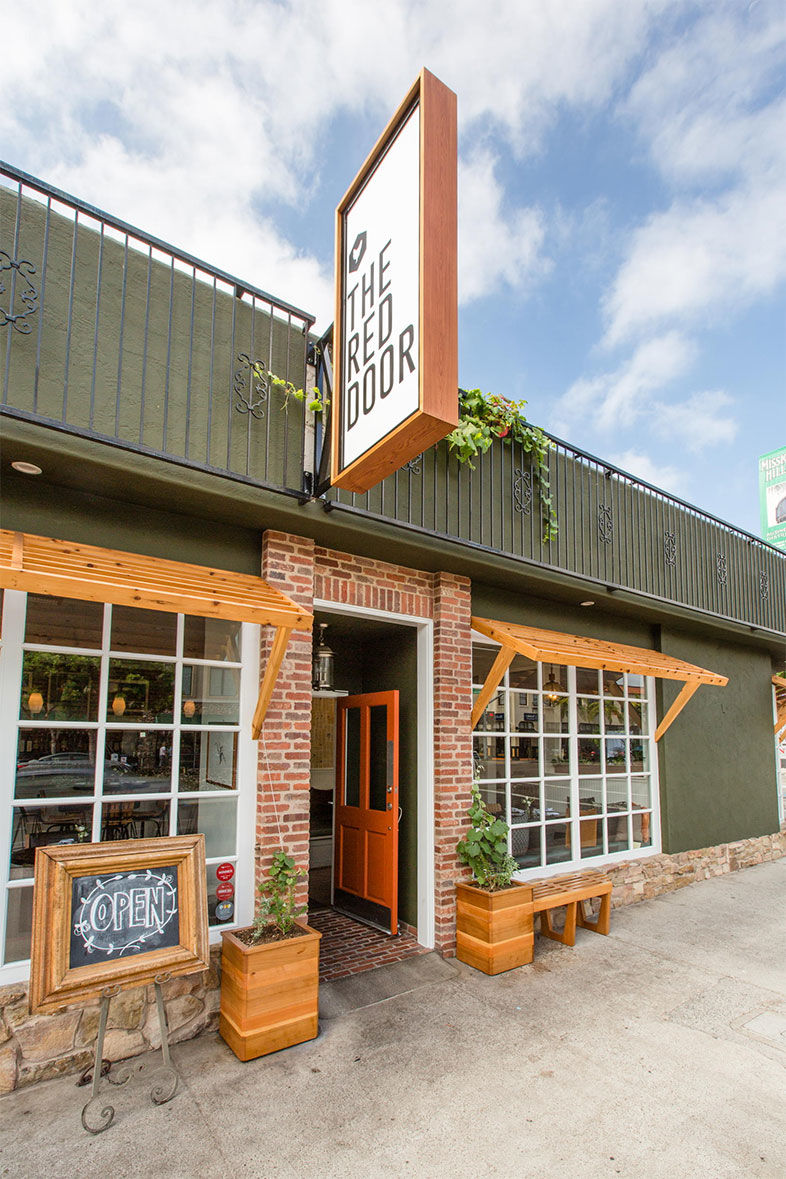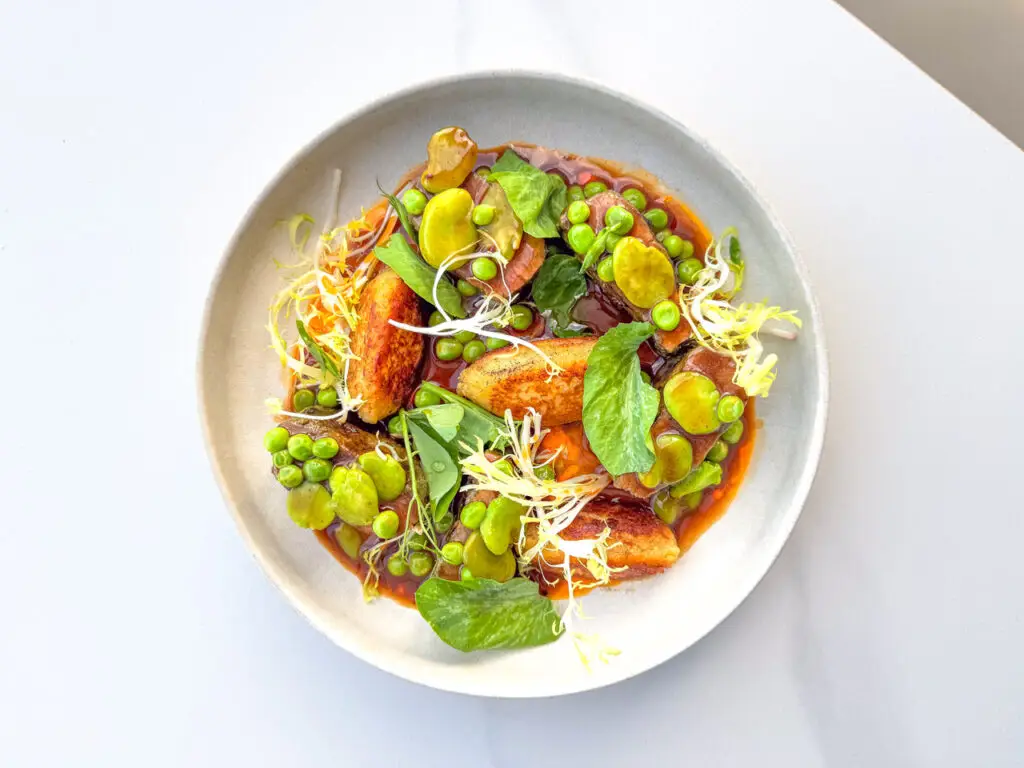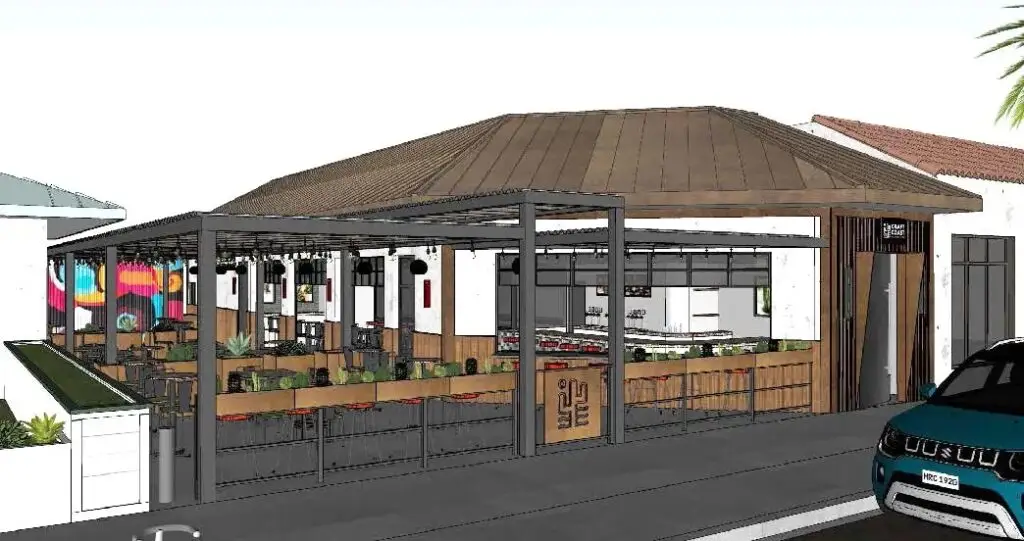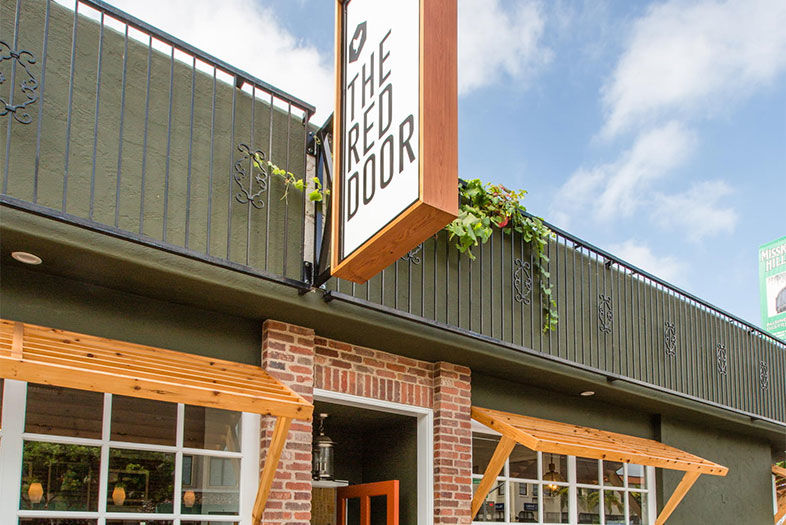
Where’s the Beef?
Photo by Sam Wells
Photo by Sam Wells
Before you bludgeon me with marrow bones, know that I am an omnivore. Sure, I eat mostly veggies and grains two-thirds of the day, as recommended by experts far smarter than myself. But pork belly and rib-eyes and roasted chicken are firmly fastened to my food soul. I’d have to switch jobs and families to become a full-time vegetarian, plus take an online course in piety. I am, however, someone who studies the sustainability of food. In that pursuit, I’ve found that ignorance is by far the tastiest option.
Here’s a sample of the statistics on animal agriculture:
- Globally, animal agriculture is the second-highest greenhouse gas producer (deforestation is first). The impact isn’t as big in developed countries like the U.S. (6 percent of emissions), but it ain’t small.
- Beef requires 28 times more land and six times more fertilizer than producing pork or chicken.
- Producing beef releases four times more greenhouse gases than the calorie-equivalent of pork (and five times as much as chicken).
- Lamb is the worst in terms of environmental impact, according to the Environmental Work Group.
- Growing vegetables releases 3-5 times lower emissions than chicken or pork.
- Cheese is the third-highest greenhouse producer in terms of food.
- Americans consume 60 percent more meat than Europeans.
- If you eat one less burger a week, it’s like taking your car off the road for 320 miles.
- If everyone in the U.S. ate no meat or cheese one day a week, it would have the same environmental impact as not driving 91 billion miles.
- Beef is delicious.
Does this mean we should all file our incisors down and eat nothing but crickets at Tacos Perla? Monkishly pursue life as human Priuses? Not necessarily. Even vegans drive cars, which aren’t exactly a B12 shot for the environment. Every human makes their own choices on what sort of tattoo they will leave on the planet. But, from an environmental and health standpoint, evidence suggests meat—especially lamb or beef—should be a side dish, not the whole show. Show me a climatologist who suggests eating more meatloaf, and I will show you a climatologist in ethical decline.
It means we’re gonna have to pump the brakes on burger mania at some point. And, one day, steakhouses may struggle to maintain regular clientele.
It also means things like this happen. Trish Watlington just shut down her Mission Hills steakhouse, Wellington Steak + Martini Lounge, converting it into Bar by Red Door with casual bites. You could argue that the Wellington was an unwise use of space—charming room and good food, but not enough tables to be financially productive. You could also cite the fact that restaurants need to sell alcohol in order to survive, and the bar will now serve as a complement to her restaurant next door, The Red Door.
But Watlington, one of the city’s strongest advocates for sustainable food, says she couldn’t ethically justify operating a steakhouse anymore—especially in San Diego.
“You evolve over time,” she explains. “And we got to the point where if we’re truly going to be a regional restaurant, beef is the wrong product. Getting beef out of Wellington is not only better for the environment. But you can’t get local beef. San Diego doesn’t have grass because it doesn’t have water. It’s a never-ending frustration. And you certainly can’t get it on a level you need for a steak house. So you end up having to buy meat that I don’t want to put on the table.”
And so come late August, in its place will sit The Bar by Red Door, a farm-to-glass cocktail hangout with small bites from exec chef, Miguel Valdez. It’s probably a better complement to her business, and a more profitable one. But knowing Watlington’s track record of sustainable food activism, her statement about wanting to cut down her beef options doesn’t read like spin. The Red Door still serves a beef entrée, but she’s moving farther and farther away from the beef business.
PARTNER CONTENT
And she’s not alone in that pursuit.





















